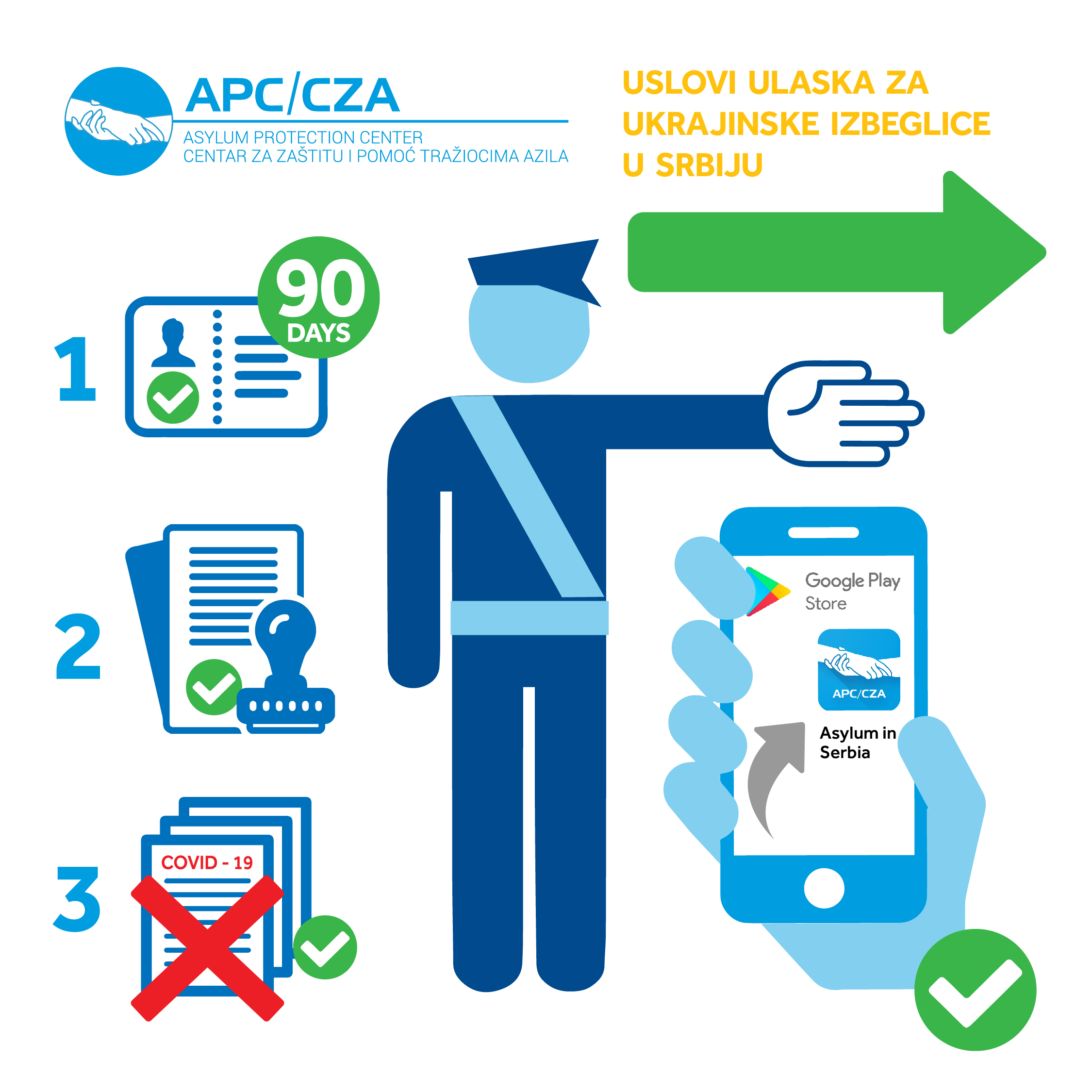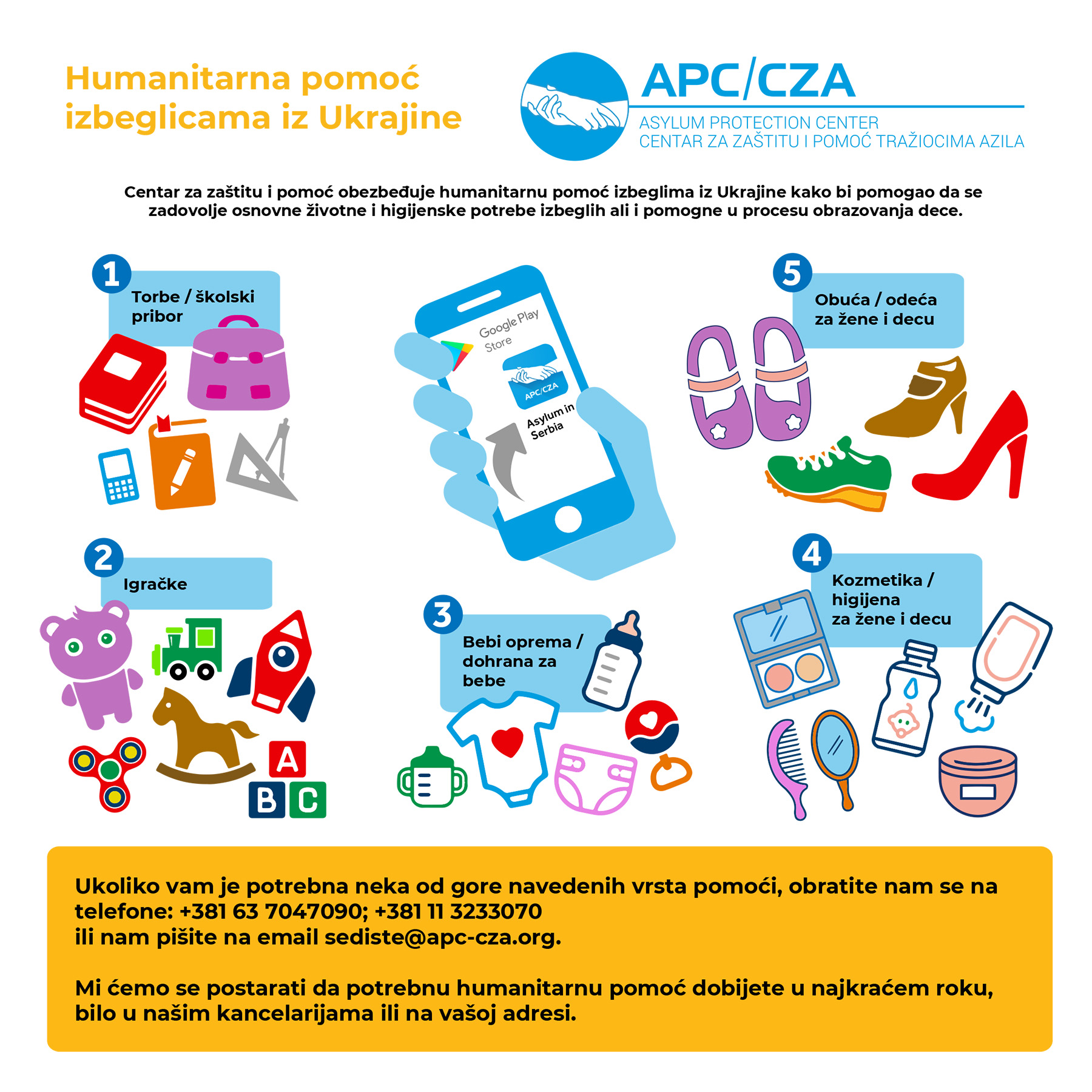Idomeni, 24. maja – Gr?ke vlasti po?ele su jutros rano postepenu evakuaciju najve?eg neformalnog izbegli?kog kampa Idomeni, na granici sa Makedonijom, javili su lokalni mediji.
Pristup podru?ju kampa je blokiran, a na mestu se nalazi više od 400 pripadnika interventne policije, prenela je agencija AP, a lokalni mediji prenose da je u akciji u?estvovalo oko 700 policajaca. Prva ?etiri autobusa, sa ukupno oko 200 ljudi, napustilo su Idomeni nešto više od dva sata nakon što je peracije po?ela. Autobusi su izbeglice prebacili u novoizgra?eni izbegli?ki kampi u blizini Solunu.
Portparol gr?ke vlade zadužen za izbegli?ku krizu Jorgos Kiricis je sino? izjavio da policija ne?e koristiti silu i da se o?ekuje da ?e iseljenje trajati sedam do deset dana.
Procenjuje se da u migrantskom kampu Idomeni, koji je narastao iz nezvani?nog peša?kog grani?nog prelaza za izbeglice i migrante koji putuju ka severu Evrope, trenutno boravi oko 8.400 ljudi.
Poslednjih 15 dana premešteno je oko 2.000 ljudi u druge prihvatne centre.
Novinarima u utorak ujutru nije dozvoljen pristup kampu, a cela akcija se nadgleda iz helikoptera.
Iz izvora bliskih gr?kim vlastima je re?eno da je na lice mesta upu?eno policijsko poja?anje preventivno, u cilju spre?avanja „eventualne negativne reakcije migranata“.
Gr?ka policija i vlasti su saopštili da ?e preostali migranti iz Idomenija postepeno biti premešteni u novoizgra?ene, organizovane kampove.
U Gr?koj je, otkad su balkanske i druge evropske zemlje zatvorile svoje granice za masovni priliv izbeglica koje beže pred konfliktima i od siromaštva u svojim zemljama, ostalo zaglavljeno više od 54.000 ljudi, uglavnom iz Sirije, Iraka i Avganistana.
GREEK AUTHORITIES BEGIN EVACUATION OF IDOMENI REFUGEE CAMP
AP/Boris Grdanoski
Greek authorities began an operation at dawn Tuesday to gradually evacuate the country’s largest informal refugee camp of Idomeni on the border with the Former Yugoslav Republic of Macedonia (FYROM), blocking access to the area and sending in more than 400 riot police.
The government’s spokesman for the refugee crisis, Giorgos Kyritsis, said Monday that police would not use force, and that the operation was expected to last about a week to 10 days.
The first four buses, carrying a total of about 200 people, left Idomeni just over two hours after the operation began, heading to a new refugee camp near Greece’s main northern city of Thessaloniki. No violence was reported.
The camp, which sprung up at an informal pedestrian border crossing for refugees and migrants heading north to Europe, is home to an estimated 8,400 people – including hundreds of children – mostly from Syria, Afghanistan and Iraq.
At its peak, when FYROM shut its border in March, it housed more than 14,000, but the numbers have declined as people realized the border was shut and began accepting authorities’ offers of alternative places to stay.
In Idomeni, most have been living in small camping tents pitched in fields and along railroad tracks, while aid agencies have set up large marquee-style tents to help house people. Greek authorities have been sending in cleaning crews regularly and have provided portable toilets, but conditions have been precarious at best, with heavy rain creating muddy ponds.
In recent weeks, the camp had begun taking on an image of semi-permanence, with refugees setting up small makeshift shops selling everything from cooking utensils to falafel and bread.
Police and government authorities say the residents will be moved to newly completed official camps.
Journalists were barred from the camp during the evacuation operation, stopped at a police roadblock a few kilometers (miles) away. Twenty buses carrying various riot police units were seen heading to the area while a police helicopter observed from above. An estimated 700 police were participating in the operation.
Greek authorities are also eager to reopen a railway line – the country’s main freight train line to the Balkans – that runs through the camp and has been blocked by protesting camp residents since March 20.
The government has been trying to persuade people staying in Idomeni to leave the area and head to organized camps. This week it said its campaign of voluntary evacuations was already working, with police reporting that eight buses carrying about 400 people left Idomeni on Sunday. Others took taxis heading to Thessaloniki or a nearby town of Polykastro.
On the eve of the evacuation operation, few at the camp appeared to welcome the news.
“It’s much better here than in the camps. That’s what everybody who’s been there said,” Hind Al Mkawi, a 38-year-old refugee from Damascus, told The Associated Press on Monday evening. “I’ve heard (of the pending evacuation) too. It’s not good … because we’ve already been here for three months and we’ll have to spend at least another six in the camps before relocation. It’s a long time. We don’t have money or work – what will we do?”
Abdo Rajab, a 22-year-old refugee from Raqqa in Syria, has spent the past three months in Idomeni and is now considering paying smugglers to be taken to Germany clandestinely.
“We hear that tomorrow we will all go to camps,” he said. “I don’t mind, but my aim is not reach the camps but to go Germany.”
[AP]
 AzilSrbija Centar za zaštitu i pomoć tražiocima azila
AzilSrbija Centar za zaštitu i pomoć tražiocima azila





